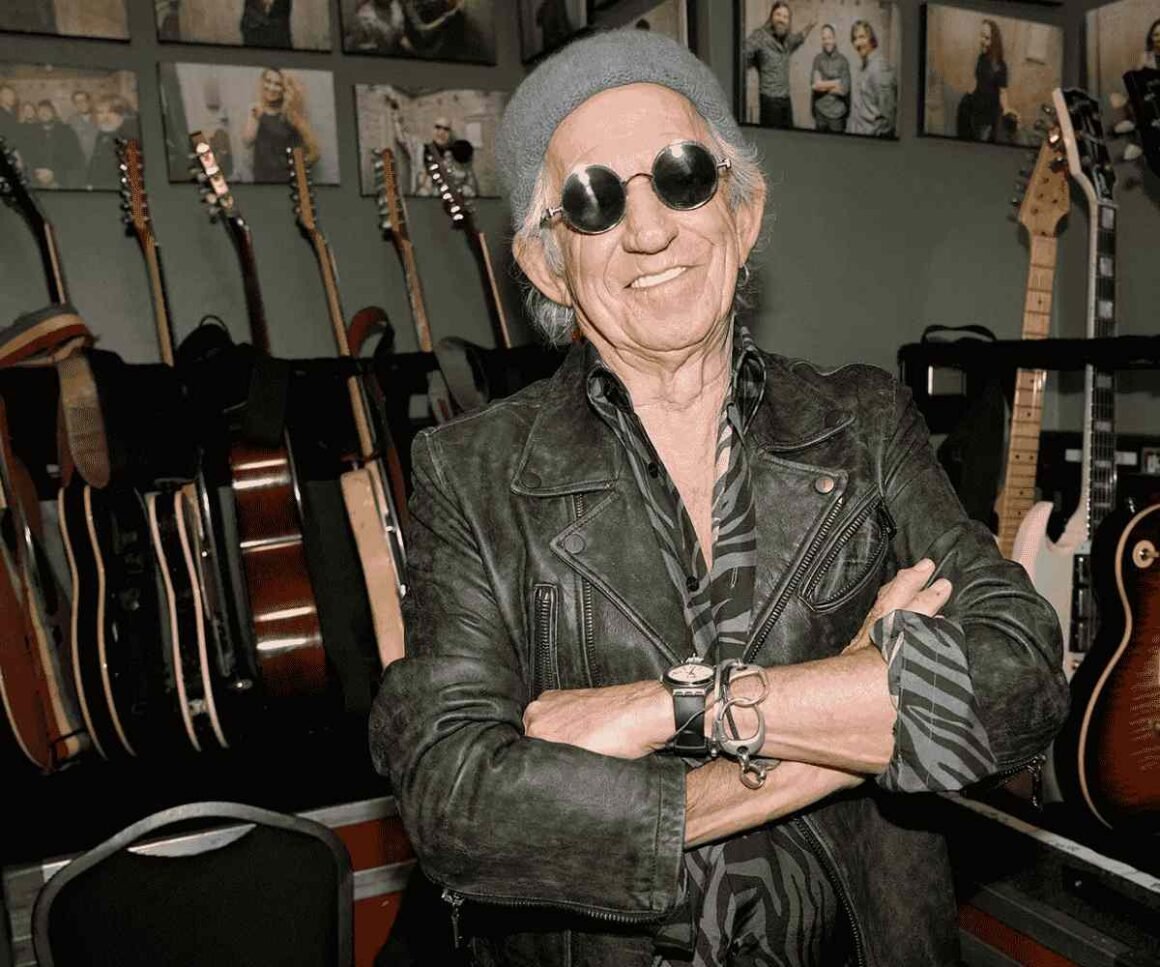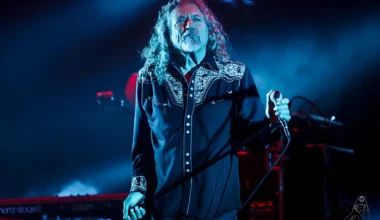Keith Richards, like many musicians, dreamed of seeing his heroes perform live. Even though he reached rock legend status, Richards never had the chance to witness one of his greatest influences, blues guitarist Big Bill Broonzy, in person.
The Rolling Stones’ guitarist, along with peers like Eric Clapton, owed much of his musical style to the Chicago blues sound that Broonzy helped pioneer.
Blues isn’t just a genre—it’s a language of raw emotion, often built on simple chord progressions but charged with energy. For Richards, Broonzy was more than a musician; he was an inspiration, especially with songs like Key to the Highway, which laid the foundation for the London blues scene in the early ’60s.
While Chuck Berry and Scotty Moore often get credited for shaping Richards’ guitar tone, Broonzy’s influence was just as vital. His ability to make the guitar “talk” resonated with Richards, who sought to inject soul into every note he played, evident in tracks like Street Fighting Man and Sympathy for the Devil.
Unfortunately, Broonzy passed away in 1958 before Richards could see him perform.
Reflecting on this missed opportunity, Richards once said, “I would have loved to see him live. I missed him by a hares breath.”
Instead, Richards had to settle for watching footage of Broonzy, admiring his performance of When Did You Leave Heaven from a small club in Belgium.
Although Richards missed seeing Broonzy in the flesh, he found solace in playing alongside other blues legends like Muddy Waters. Through these connections, The Rolling Stones got as close as possible to their idols.
These days, Richards carries on the blues tradition with every performance, keeping the spirit of artists like Broonzy alive.







